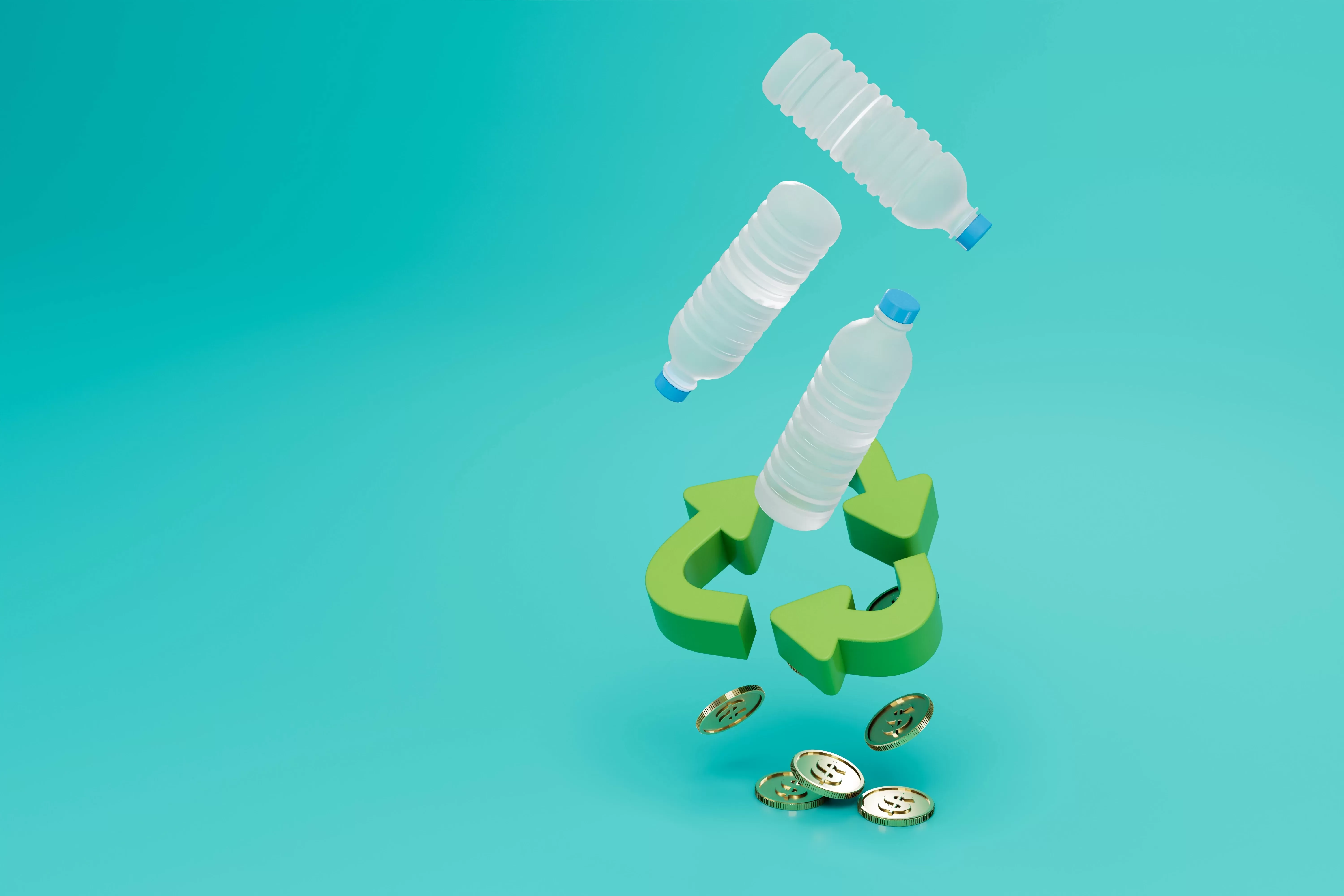
- CSR PLASTIC | Clean Society by Recycling | Sustainability
CSR Plastic’s Approach to Sustainable and Efficient Plastic Recycling
CSR Plastic’s Approach to Sustainable and Efficient Plastic Recycling
In today’s climate-conscious world, sustainable plastic recycling is essential for reducing waste and conserving resources. CSR Plastic has developed a comprehensive approach to plastic recycling that combines sustainability with efficiency, focusing on reducing environmental impact and supporting a circular economy. This article explores CSR Plastic’s innovative recycling practices, from advanced sorting and resource conservation to responsible energy use, all of which contribute to a cleaner and greener future.
Commitment to Sustainable Recycling Practices
CSR Plastic’s approach to sustainable recycling is rooted in a strong commitment to environmental responsibility. This commitment drives every stage of their recycling process, from material collection to quality control, ensuring that each phase minimizes waste and maximizes resource use. By focusing on responsible practices, CSR Plastic reduces the need for virgin plastics, helping conserve natural resources like petroleum, which is essential for plastic production.
In addition, CSR Plastic’s recycling process supports the circular economy model by ensuring that materials are reused rather than disposed of. This approach not only minimizes waste but also reinforces CSR Plastic’s role as a leader in sustainable plastic recycling.
Advanced Sorting and Processing Technology
Efficient plastic recycling requires precise sorting and processing to ensure high-quality outputs. CSR Plastic uses advanced sorting technology, including optical scanners and infrared sorting systems, to accurately identify and separate different types of plastics like LDPE and PET. This precise sorting process reduces contamination risks, resulting in cleaner, high-quality recycled materials.
These sorting technologies are essential for maintaining the integrity of the recycled plastics, allowing CSR Plastic to provide industries with materials that meet specific quality standards. By investing in state-of-the-art processing equipment, CSR Plastic improves recycling efficiency, reduces waste, and enhances the sustainability of its products.
Energy-Efficient Recycling Processes
One of the cornerstones of CSR Plastic’s sustainable approach is its focus on energy-efficient recycling practices. Traditional plastic production is energy-intensive, contributing significantly to carbon emissions. CSR Plastic tackles this challenge by using energy-saving technologies throughout its recycling process, which reduces both operational costs and environmental impact.
For example, CSR Plastic’s machinery is optimized to consume less energy without compromising output quality. This focus on efficiency extends to all stages of the process, from shredding and melting to extrusion and product formation. By reducing energy usage, CSR Plastic minimizes its carbon footprint and supports broader climate goals, showing how recycling can contribute to environmental sustainability.
Closed-Loop Water Management
In addition to energy conservation, CSR Plastic prioritizes water conservation through a closed-loop water management system. Traditional recycling methods often consume large amounts of water, which can strain local water supplies. CSR Plastic’s system recycles and reuses water within the facility, significantly reducing overall water consumption.
This closed-loop system minimizes waste by preventing water from being discharged into the environment, which can lead to pollution. By conserving water and reducing contamination risks, CSR Plastic demonstrates a holistic approach to resource management, aligning with sustainable business practices that prioritize the environment.
Quality Control and Product Innovation
Quality control is a critical aspect of CSR Plastic’s recycling approach, ensuring that recycled materials meet industry standards and are suitable for diverse applications. After processing, each batch undergoes rigorous testing for durability, purity, and color consistency. Only materials that pass these stringent tests are approved for distribution, reinforcing CSR Plastic’s commitment to high-quality recycling.
By maintaining strict quality control, CSR Plastic produces recycled plastics that are both versatile and sustainable, providing companies with an eco-friendly alternative to virgin plastics. Additionally, CSR Plastic continuously innovates its recycling methods, seeking new ways to enhance quality while minimizing environmental impact.
The Role of Recycling in Supporting a Circular Economy
CSR Plastic’s recycling practices are instrumental in promoting a circular economy. By keeping materials like LDPE and PET in circulation, CSR Plastic reduces the demand for virgin plastic, supporting a system where resources are reused instead of discarded. This circular approach aligns with global sustainability goals, including the United Nations Sustainable Development Goals, which emphasize responsible production and consumption.
Through its recycling efforts, CSR Plastic not only helps reduce waste but also fosters economic resilience by creating valuable resources from discarded materials. By embracing a circular economy model, CSR Plastic shows how sustainable recycling can benefit both the environment and the economy.
Conclusion
CSR Plastic’s sustainable and efficient approach to plastic recycling sets a benchmark for the industry. From advanced sorting technologies and energy-efficient machinery to water conservation and quality control, each aspect of CSR Plastic’s process contributes to reducing waste, conserving resources, and supporting a greener future. As more companies seek to align with sustainable practices, CSR Plastic serves as a powerful example of how the recycling industry can lead the way toward environmental responsibility.
For more information on CSR Plastic’s recycling initiatives, contact CSR Plastic.



